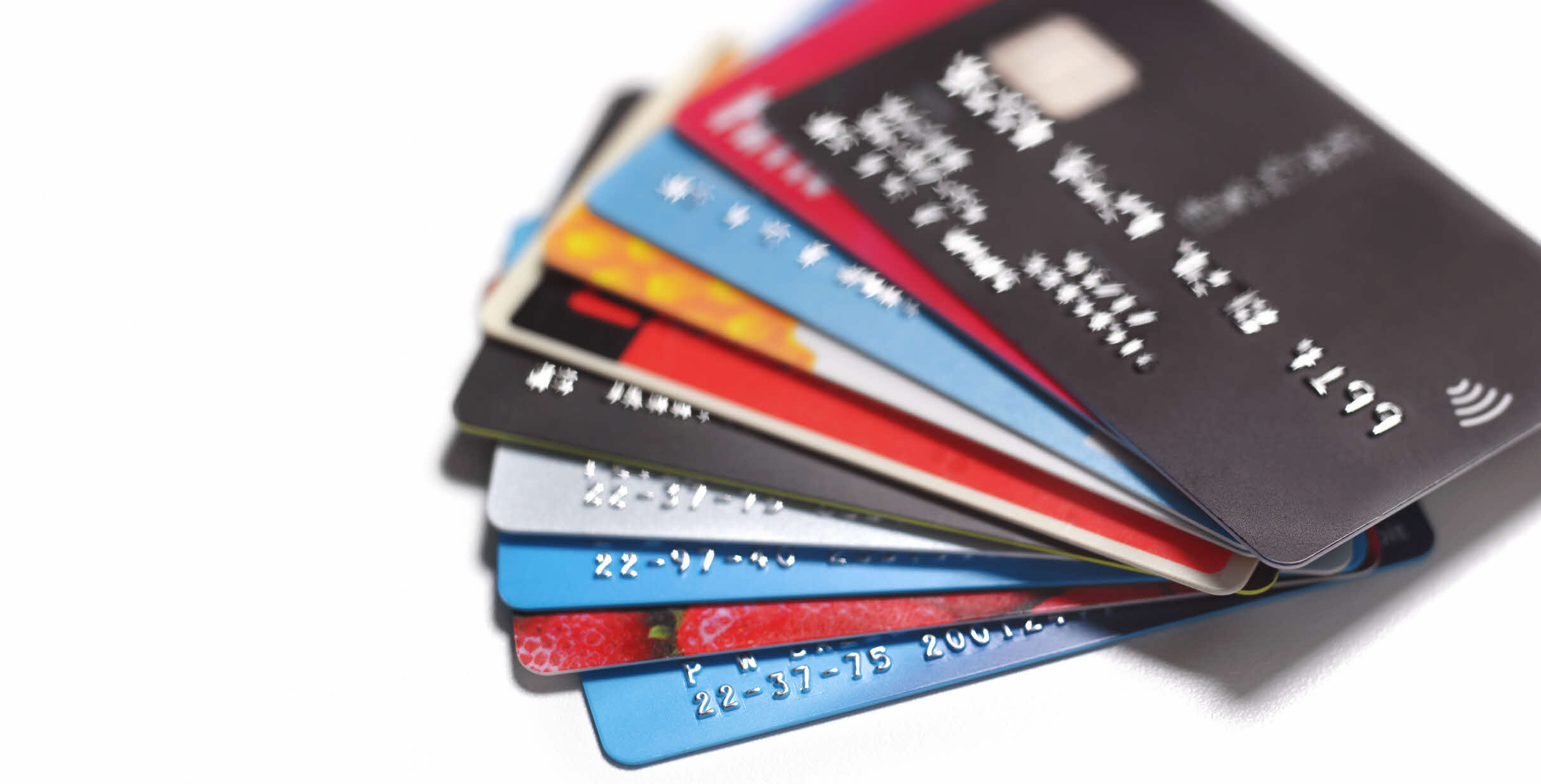By Navin Sregantan
![]()
If you’ve only got a minute:
- Plan for your wedding early and estimate how much you will need to save for your Big Day and if your dream wedding is reasonably attainable.
- Benefits of joint accounts include allowing each person to set aside monthly amounts for saving and investing, as well as keeping track of expenses and spending habits.
- If you are planning to make large purchases over a short period of time, consider taking advantage of credit cards that are aligned to your spending.
- Consider your ability to pay the immediate costs (downpayment and renovation) and future costs (monthly repayments and loan period) when choosing which property to buy.
![]()
Most of us would agree that getting married is a major milestone. For newlyweds and couples about to get hitched, it is also a time to get adjusted to sharing other aspects/facets of your life together.
Among the common issues that pop up between couples are conflicts over money. This is why it is important to start talking about finances early, especially since there are a few big-ticket expenses on the horizon like your wedding, honeymoon, and housing expenses, just to name a few.
Bearing in mind that a successful relationship with your partner is built on a strong foundation, it helps to develop your financial planning habits as a couple. Furthermore, if money matters are well managed, the boost that comes from “the power of two” can lead to a faster rate of wealth accumulation and enhanced financial well-being.
Here are 6 tips to consider when managing your finances during a happy and exciting phase of life!

1. Give yourself plenty of time to plan and book ahead
Do not leave your wedding planning to the last minute, especially if you already have a preferred venue, photographer, and date in mind, particularly if it is a popular (or auspicious) date.
For popular wedding venues, it is common for them to be booked at least a year in advance and with slight increases in cost year-on-year. In other words, lock them down as early as you can.
The closer you get to the Big Day, the more likely your first options might not be available. This might force you towards a more costly and/or less desirable alternative.
Most importantly, by planning early and estimating roughly how much you will need to spend, you will have a better idea of how much more needs to be saved and whether your dream wedding is reasonably attainable.
You can do this on DBS digibank which has a digital financial advisory tool that you can use to set up a savings target for your wedding or other big-ticket expenses, to offer clarity on whether you on track to meet them.
Once you have assessed your finances, it may be time to check out which wedding venues fit your budget. If you have a DBS/POSB Debit Card and/or Credit Card, don’t forget to check out exclusive wedding privileges specially curated for our cardmembers.
Tip: A benefit of deciding on the major items early is that you’ll be able to consider overseas options for items such as wedding favours or decorations, gowns and suits.
Read more: Track your savings and spending with digibank
Find out more about: DBS Wedding Deals
2. Making use of a joint account
Like your personal savings account, a joint account is similar but with a key difference: At least 2 people can have access to it.
What’s more? You do not need to be married to open one with your partner!
There are several reasons why couples use a joint account. These includes allowing each of you to set aside monthly amounts for saving and investing, along with keeping track of your expenses and spending habits.
More importantly, for your relationship, this provides the transparency that can help couples build trust.
If your partner and you each have an individual DBS Multiplier Account, you can get more benefits like higher interest on your balances when you combine it with the use of a joint account.
This is one of the best ways to kick-start your savings journey and at the same time get something back through your spending.
That said, joint accounts might not be suitable for everyone like couples who prefer privacy and would rather keep their finances separate.
Tip: Establish clear guidelines on how the account will be used and managed to avoid any potential financial misunderstandings and conflicts. Communication and trust are key to making a joint account work.
Read more: 3 ways joint accounts work for couples
Find out more about: DBS Joint Account

3. Make use of credit card sign up offers for big purchases
Planning a honeymoon in a far-flung country or purchasing appliances for your new home?
This might be a time to consider a new credit card. When used strategically, it offers benefits that allow you to offset some of the large purchases that you will need to make.
Ahead of time, scout for credit card sign-up promotions and take note of their offers as well as advertised welcome bonuses. Such bonuses, which are most seen with rewards and miles cards, require new sign ups to charge a predetermined, fixed amount on the new credit card within a stipulated time frame to earn a bonus.
This tends to be favoured by couples who are planning to purchase appliances for their new home and so are likely to make a series of large charges to their credit card over a short period of time.
For example, getting a credit card that allows you to earn frequent flyer points might help to reduce your honeymoon travel costs significantly.
Some credit cards have partnership arrangements with bridal studios or florists, so do keep a look out for such incentives too.
With a DBS/POSB Debit Card and/or Credit Card, you have access to our exclusive wedding deals including hotel banquet packages and jewelry purchases for your Big Day.
Tip: Pick a credit card that best suits your needs. As much as you can, pay off every dollar on time and before the due date, as interest charges can snowball over time.
Read more: Use your credit card to your advantage
Find out more about: DBS Altitude Card

4. Home loans
For many, buying a first home is a huge milestone that tends to go together with getting married.
Given that this is likely to be the most expensive purchase you’re going to make (for now), it is crucial to stay grounded and stick with a reasonable budget. You do not want to embark on this exciting new chapter of your life only to be blindsided by unexpected costs.
Once you have decided on a property type and price range, do consider your ability to pay the immediate costs (downpayment and renovation) and future costs (monthly repayments and loan period).
If you are considering a HDB property, be sure to explore the available government subsidies and grants available to you.
The next step is to decide between taking a bank loan or HDB loan, both of which require a 25% downpayment.
For bank loans, at least 5% must be in cash, with the remaining payable using CPF Ordinary Account funds. HDB loans do not require a cash downpayment.
As part of a slew of year-long special offers to commemorate SG60, is the POSB HDB Loan, which offers a 3-year Fixed Rate Home Loan at 2.45% p.a. (as of 1 June 2025), lower than the current HDB concessionary rate of 2.6% p.a. With this loan, there are no fees charged if you decide to make partial prepayments.
If you are looking to purchase a private property or want more flexibility, you can consider the DBS Easy Switch Loan. This option combines the stability of fixed rates, with the possibility of switching to SORA rate and benefit from interest rates savings when SORA declines.
Tip: If you are unsure of what property types are within reach, use DBS MyHome planning tool to calculate your maximum loan amount and work out an appropriate budget. You can also check your eligibility status for various property types.
Read more: 5 tips for first-time home buyers in Singapore
Find out more about:Home loans with DBS and POSB
5.Insurance planning
As a young working adult, you might have already set aside a portion of your salary for protection needs through hospitalisation, critical illness, and disability income plans.
Now that you are going to settle down, reassess whether you have adequate insurance coverage in place as getting hospitalised when you’re juggling mortgages, loans and other commitments could affect your ability to pay the medical bills.
The guideline for critical illness insurance coverage is 4 times your annual income. For death and total and permanent disability (TPD) cover, it is 9 times annual income.
With your first home being one of the most important purchases you’ll ever make, do consider mortgage insurance, which pays out a lump sum that can be used to offset the outstanding home loan in the event of the insured’s death, terminal illness and/or TPD.
This protects homeowners and their family from losing their home due to outstanding mortgages should any mishap happen.
If you purchase a HDB flat, you are automatically enrolled into the Home Protection Scheme (HPS). If you are buying a private property, you can purchase private mortgage insurance.
Tip: While insurance planning tackles long-term protection needs, don’t forget to consider your more immediate needs such as getting travel insurance like TravellerShield Plus for when you go on your honeymoon or even pre-wedding shoot!
Read more: Getting down to insurance as a married couple
Find out more about: Insuring with DBS

6. Spending within your means
Given you will likely have large financial commitments, planning for the next stage of adulthood can feel overwhelming at times, which is why it’s best to stay focused on spending within your means.
With technology and by better understanding our financial data, we can better budget and manage our money better. This can be done with the financial planning advisory tools in digibank.
All you need to do to have a comprehensive overview of your finances is to log in to your DBS digibank app and click on the “digiWealth” tab.
Next, connect to SGFinDex via SingPass and give your consent for the retrieval of your financial information. From there, it’s just a matter of selecting the bank accounts, insurers, CDP, HDB, IRAS, and your CPF balances that you wish to retrieve.
From there, you will be able to get greater clarity on how much funds are available for big-ticket purchases like the downpayment for your wedding banquet, your honeymoon and even for your new home.
Read more: Managing your money as a couple
Find out more about: digiWealth
In summary
Tying the knot is not only a big personal commitment but financial one too. So, try not to leave it too late to plan your wedding and take advantage of the financial planning tools and banking products that are available.
If you’re feeling the pressure to spend beyond your means, do remember that having the most glamorous wedding or stylish apartment in a sought-after neighbourhood are not keys to a happy marriage and a financially stable one.
As your partner and you progress in your lives and careers together, continue to adopt the right money habits and plan for financial freedom together.







